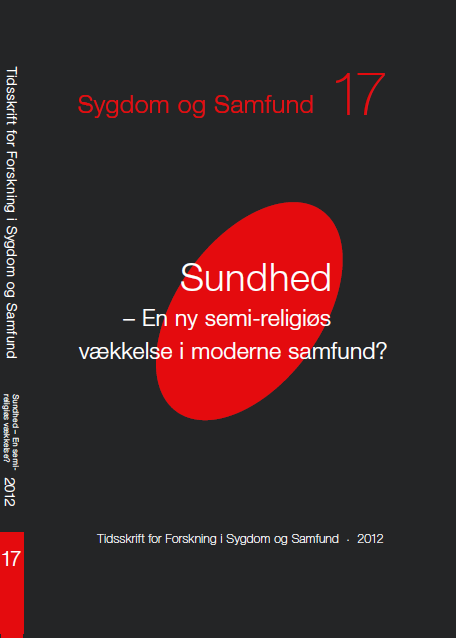Publiceret 2012-11-22
Citation/Eksport
Resumé
This paper reports on a qualitative study of the onset of acquired hearing impairment. The focus of attention is about why a person seeks treatment. The Danish welfare state serves the population ‘in need’ such as those with an audiological need and gives them guidance on becoming hearing aid wearers in order to rehabilitate them back to ‘normal’. However, within audiological research, noncompliance has attracted much attention as investigations have shown that more than 20 percent of hearing aids are very seldom, if ever, in use and 19 percent are used only occasionally. As shown in the paper the form a problem takes is in large part a product of micro-political struggles. Hence, at the onset ‘need’ is often embedded in social pressure from significant others. The paper examines these two discursive frameworks and their constitution of (hearing) problems and concludes that norms of disease are complex and epistemologically contested and can help explain why noncompliance is dominant when it comes to hearing rehabilitation for hearing impaired adults.

